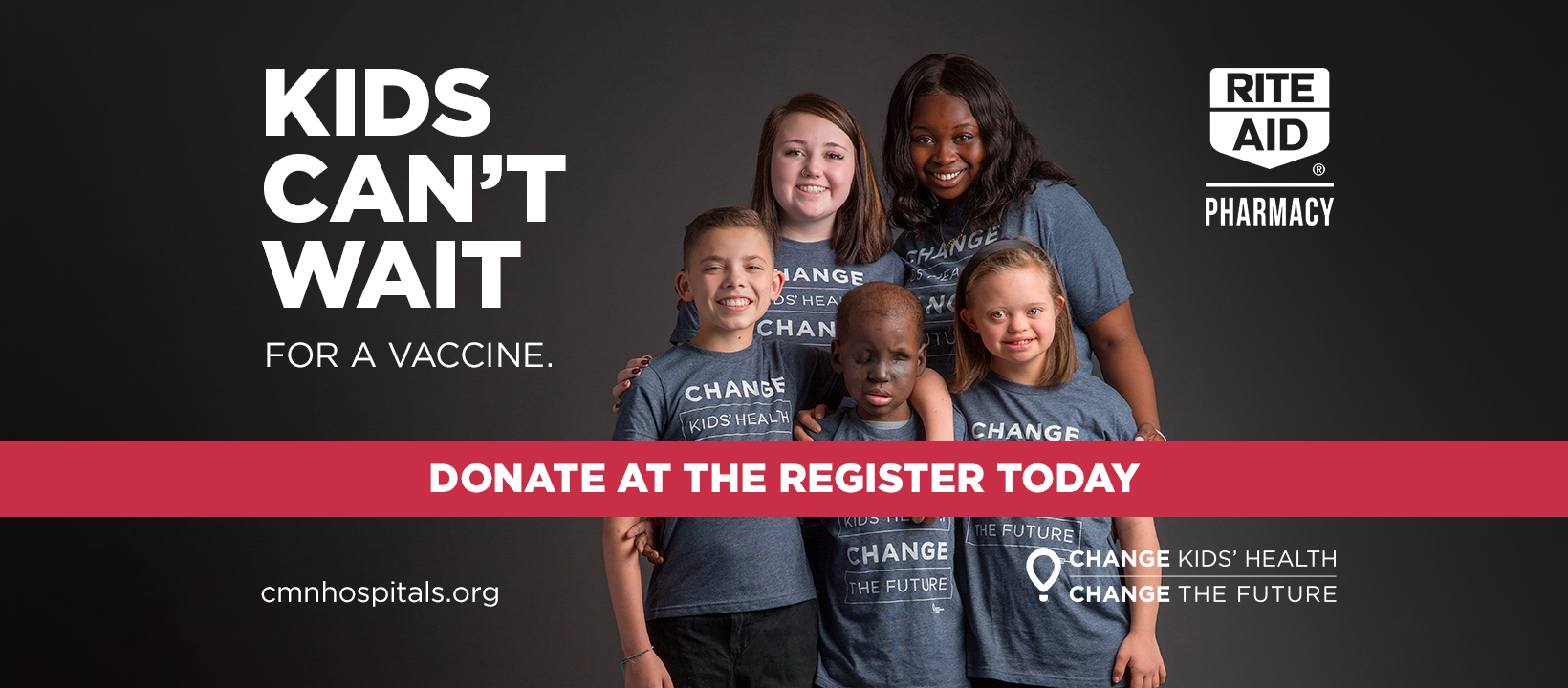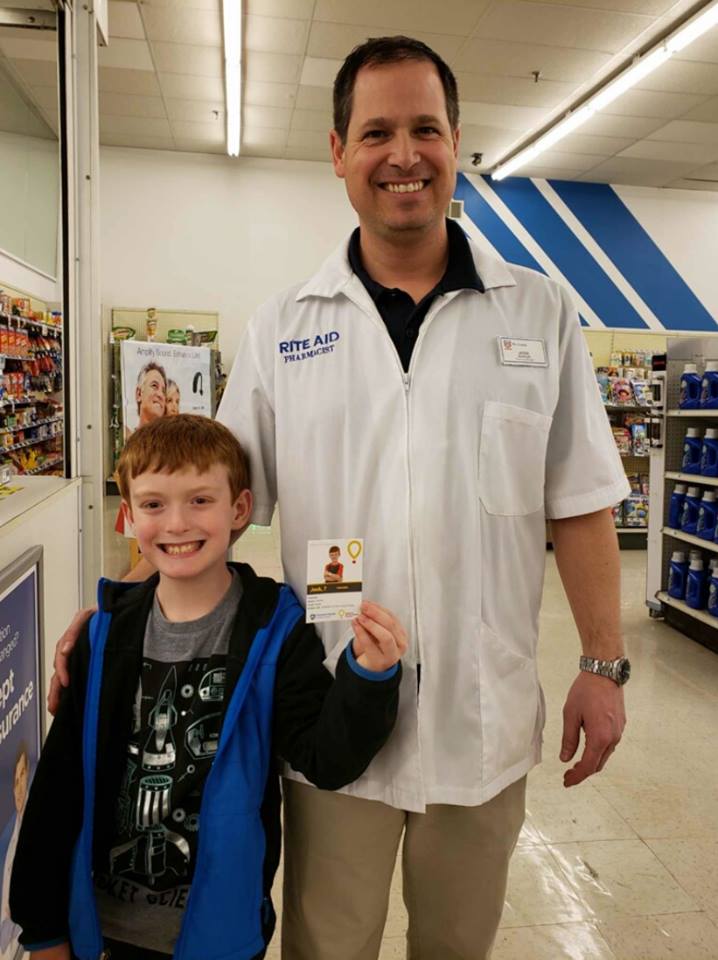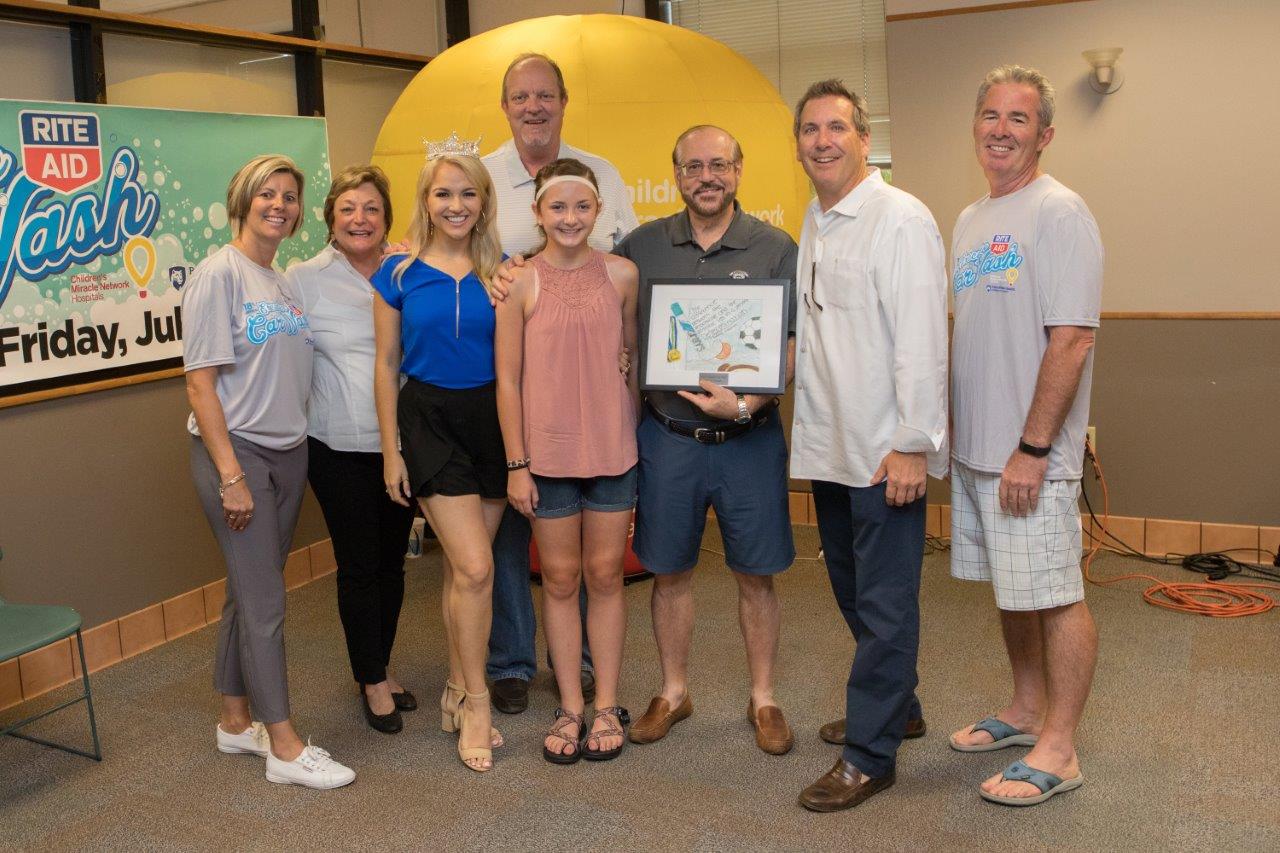Community Gardens: Improving Food Access and Overall Well-Being
The Penn State Health Food Access & Community Gardens program is making a significant impact in the fight against food insecurity and food deserts, while also promoting mental well-being and opportunities for health resources. These gardens offer fresh, nutritious produce to areas with limited access, addressing issues like hunger and mitigating health risks like diabetes, obesity, and heart disease. In addition to improving physical health, the gardens provide therapeutic benefits, reducing stress and anxiety by creating a peaceful space for self-nurture and community engagement. This mission aligns with the findings of a 2021 health needs assessment, identifying food access as a key gap in the community and offering sustainable solutions to address health disparities.
In April 2022, in partnership with Rite Aid Healthy Futures through Children’s Miracle Network, the health system built its first community garden in Lebanon County. Since then, the program has expanded to serve a six-county region, including Berks, Cumberland, Dauphin, Lebanon, Lancaster, and Perry counties. In its first year alone, the gardeners reached 1,439 community members, with that number continuing to grow.
By 2023, thanks to the dedicated efforts of the health system, Rite Aid Healthy Futures, and key partners, there were 80 food and nutrition access points available throughout the service area. As of 2024, the program boasts 15 community gardens, 2 farms stands, 7 distribution sites, 5 community refrigerators, and more, providing fresh, nutritious food and other resources to people across the region.
This summer, the Children’s Miracle Network team was invited on a tour of some of the community gardens. At the Northern Dauphin Public Library in Lykens, the tour highlighted a unique feature—a Lend & Tend Seed Library where guests can check out packets of seeds. Each packet comes with detailed instructions for growing and caring for various plants, including tomatoes, cucumbers, and carrots. This project empowers people to grow their own food and even return seeds from their harvest to help others.
Outside the library, unused space has been transformed into a thriving garden filled with raised beds of herbs and vegetables. This garden offers a sustainable way to feed the community, showcasing how the thoughtful use of land can provide fresh food to those in need.
Another stop on the tour was the Millersburg Borough Community Garden, which opened in 2023. This garden offers public plots and free produce to residents. Individuals and organizations sponsor and tend to plots, while volunteers help maintain the space. The garden is bursting with plants–sunflowers and strawberries to lavender and squash. Produce from the garden is shared with the community through a refrigerator at the borough office and a produce stand in the town square, ensuring that everyone has access to fresh, nutritious food.
The Penn State Health Food Access & Community Gardens program is more than just a solution to food insecurity—it is a testament to the power of community and the importance of working together to build a healthier future.





